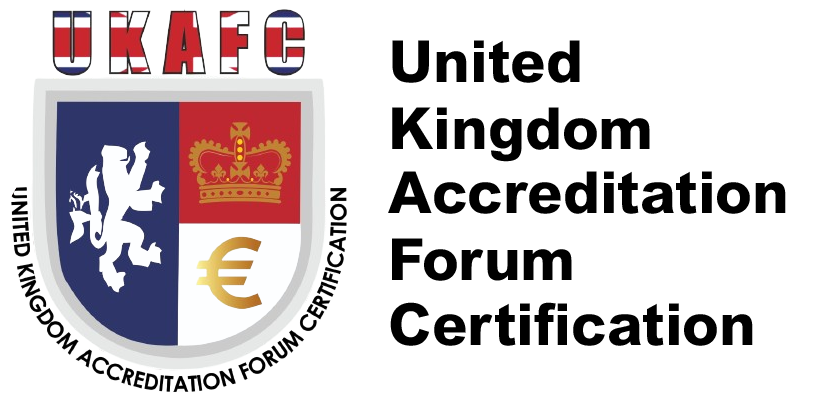Inspection & Qualification
Globalization has undeniably brought nations closer, erasing boundaries and creating opportunities for both developing and developed countries. The rapid evolution of technology, changes in socio-economic systems, and heightened consumer awareness of quality have compelled manufacturers to prioritize cost-effectiveness and produce high-quality products and services to thrive in a highly competitive domestic and international demand.
Inspection:
An examination involves activities such as measuring, analyzing, testing, or gauging one or more characteristics of a product and comparing the results against specified conditions to determine conformity for each characteristic. The term "examination" pertains to checking products, while "inspection" encompasses assessing manufacturing processes and/or systems. Quality inspectors typically follow a pre-established checklist based on product specifications. Audited products can include raw materials, semi-finished goods, or, most commonly, finished goods before being delivered to a client.
Business:
Even if your business is small, expanding internationally is more feasible than you might think. International trade necessitates pre-shipment inspection. Importers ensure the selection of the shipping company, and inspectors verify and certify the products to be shipped along with accompanying documents before crossing borders or oceans.
Engineering, Mechanics:
Mechanical examinations are conducted to ensure the safety or reliability of structures or equipment. In Europe, bodies involved in specialized examinations are evaluated by accredited bodies following ISO 17020, the general criteria for the operation of various types of examining bodies. Non-destructive testing (NDT) is a set of technologies used to inspect components, materials, and products to detect underlying flaws (such as cracks or fissures) or damage caused by use. Common methods include visual inspection, microscopy, penetration testing, X-ray or radiographic testing, ultrasonic testing, eddy current testing, magnetic particle testing, and thermographic testing.
Medical:
Medical examination involves a thorough and detailed examination of a patient, relying on the naked eye for observation.
Military:
An examination vessel is a craft used to inspect vessels entering or leaving a harbor.
Real Estate:
A property examination assesses the condition of a property, and during property acquisition, a comprehensive home examination seeks to identify flaws in the property.
Software Engineering:
Software examination, in software engineering, refers to peer review conducted by trained individuals to detect flaws using a well-defined process.
To initiate accreditation, contact the UKAFC Team.

